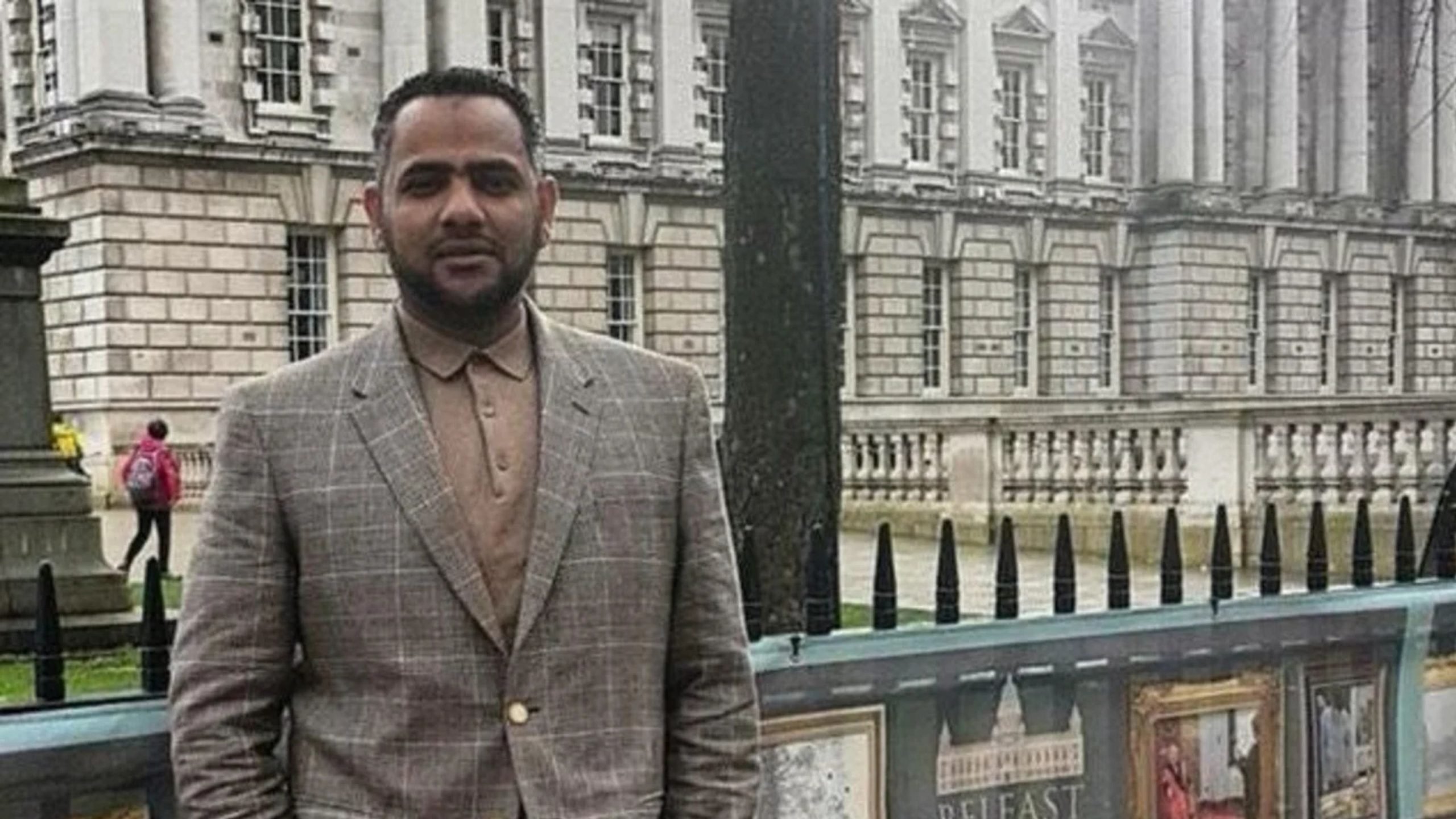A British citizen has been handed a 10-year prison sentence in Saudi Arabia over a tweet that no longer exists and was seen by barely a few dozen people. The post, erased years ago from an account with just 37 followers, is now at the center of a case that exposes how harshly the Kingdom is punishing digital speech.
Ahmed al-Doush, a senior business analyst with Bank of America, was taken into custody at Riyadh’s main airport on August 31, 2024, as he prepared to return to the UK with his wife and children following a family trip. He never made it onto the plane. Saudi officials stopped him at the departure gate and transferred him to a maximum-security prison, where he was kept in isolation for more than a month.
It would be five months before Saudi authorities disclosed the supposed basis for his arrest: accusations that he used social media to “spread false and harmful information” and maintained a relationship with someone deemed a threat to national security.
Those close to al-Doush believe the state is targeting him over a post from 2018 referencing unrest in Sudan, one that made no mention of Saudi Arabia and was deleted shortly after being published. The alleged “association” with a known Saudi dissident appears to stem from the fact that al-Doush knows the individual’s son. His family dismisses any deeper connection.
Since his arrest, al-Doush has not seen his newborn son, Youseff, who arrived in December while he remained in detention. He has told supporters that he was interrogated for extended periods without legal counsel and was not informed of the charges against him during those sessions—violations of international standards for due process.
Speaking to The Times, his wife Amaher Nour recalled the moment he was taken. “The authorities asked for his documents and we thought it was just a problem with his visa,” she said. “He called me from security and told me to fly with the children on to Turkey, our transit stop, and said, ‘I’ll be with you shortly’.”
That would be the last time she heard from him freely. Upon arrival in Manchester, the family received news that al-Doush had been imprisoned.
Nour said her husband has only had three consular visits since last summer. “Ahmed has been sleeping in an overcrowded cell that is filthy. My husband is a dedicated family man who is devoted to his children, spending weekends taking them to restaurants and the park. They are distraught and are constantly asking when he will be back. I no longer know how to answer their questions.
“For me the night-time is an empty void where I question over and over why this has happened to us.
“What Ahmed has endured over the past eight months is tortuous prolonged solitary confinement, unclear charges, a forced confession, and excessive surveillance by prison authorities all managed by a powerless state-appointed legal counsel.”
International legal experts have condemned Saudi Arabia’s use of vague national security and anti-terror statutes to quash online speech. Barrister Haydee Dijkstal, who is representing al-Doush abroad, said: “Online expression, even if expressing concern or criticism of a government, should not be criminalized or lead to detention and imprisonment. Using anti-terrorism legislation to punish and repress online expression on social media with severe prison sentences is inconsistent with international law and human rights standards.”
The UK government has acknowledged his detention but has taken no public steps to challenge the sentence. A Foreign Office spokesperson said only: “We are supporting a British man who is detained in Saudi Arabia and are in contact with his family and the local authorities.”













